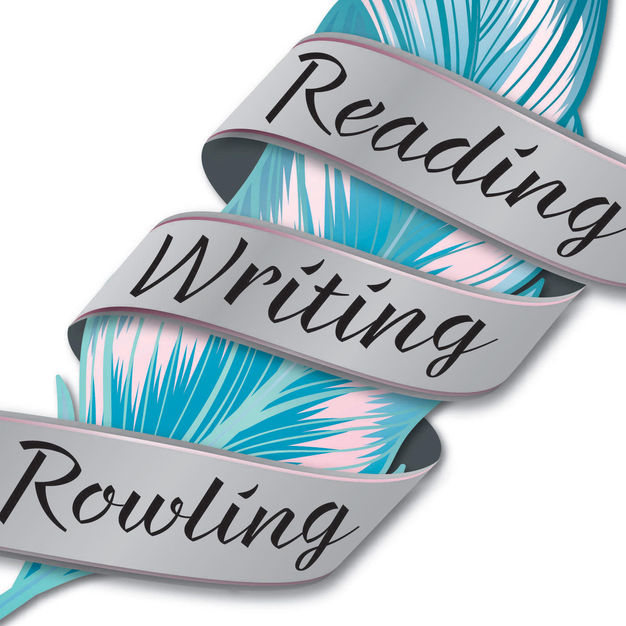Get swept away by the cinematic sounds of the Wizarding World.
We're joined by musicologist Dr. Daniel White (University of Huddersfield), who has a new book about the music of two major fantasy franchises,
Harry Potter and
Lord of the Rings. He talks about the musical foundation laid by John Williams in
Harry Potter and the Sorcerer's Stone and how subsequent composers built off his work both within the
Harry Potter series and continuing into the
Fantastic Beasts films.
Dan applies music theory to unpack what makes "Hedwig's Theme" so iconic and how it contributes to worldbuilding and evokes nostalgia. We look at the tone shifts between films and the recurring musical motifs that change throughout the series. Dan tells us about his methodology for analyzing film music, including ethnographic research interviewing audiences about their reactions and conversations with composers and music supervisors for video games,
Harry Potter and the Cursed Child, and the Wizarding World of Harry Potter theme parks.
The theme parks offer an interesting blend of diegetic (in-universe) music, like Celestina Warbeck and the Hogwarts frog choir, and non-diegetic background music from the soundtracks. Fans have of course made their own
Potter-inspired music in the form of wizard rock. While the music of
Lord of the Rings is more epic in scale, covering different regions, races, and communities,
Harry Potter tends to focus more on individual characters, their relationships, and more specific locations. Both share a theme of home and have become homes for audiences, inspiring the subtitle of Dan's book,
The Music of Harry Potter and The Lord of the Rings: Sounds of Home in the Fantasy Franchise.
